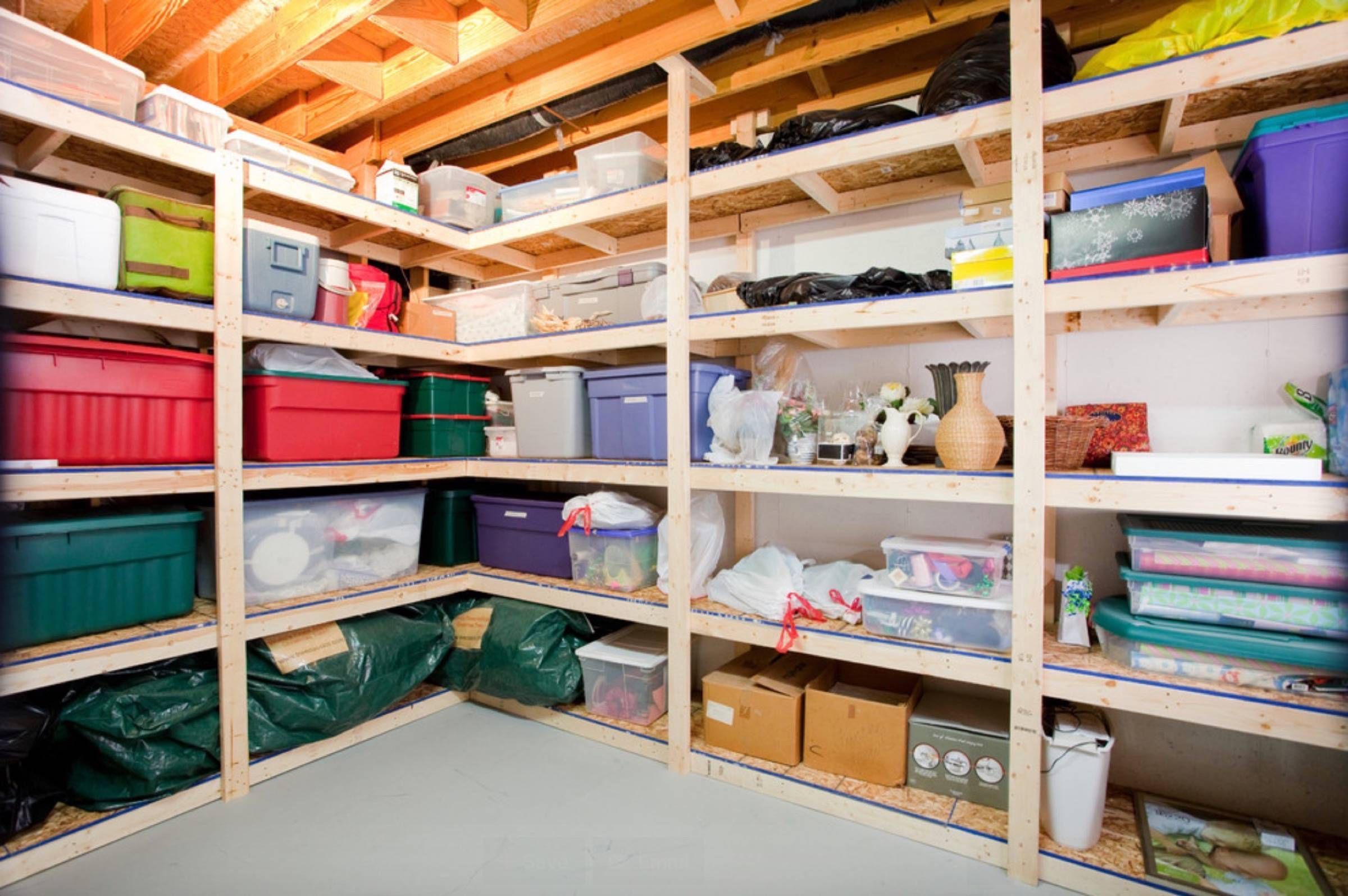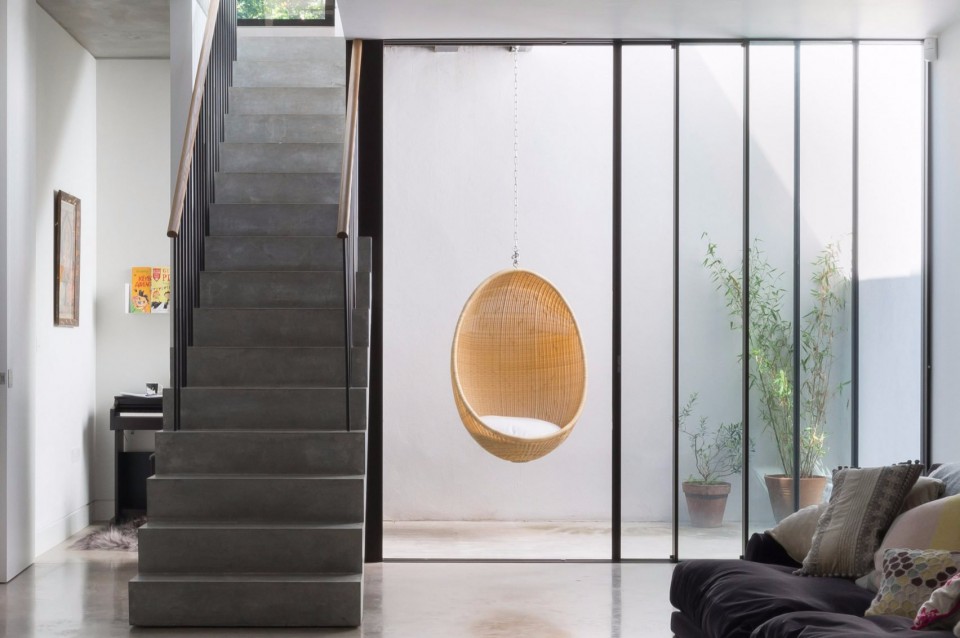Understanding the Basic Functionality of the Basement in Your Home Building

The basement is a part of the building structure located below ground level and serves several fundamental functions. Although often seen as a hidden space, the basement plays a crucial role in maximizing the functionality and usability of the building as a whole. Here are some basic functions of the basement:
1. Storage Space

One of the primary functions of the basement is as a storage space. This underground area is often used to store household items that are not frequently used, such as seasonal equipment, fragile items, or personal collections. With ample storage space separated from the main living areas, the basement helps keep the house neat and organized.
2. Utility Room

Basements are commonly used as locations for utility installations, such as heating systems, air conditioning, or electrical systems. By placing these utility appliances in the basement, you can hide them from view and keep the main living areas clean and organized.
3. Protection Against Floods and Extreme Weather

Basements also serve as protection against floods and extreme weather. Being below ground level, the basement can help shield the building from damage caused by floods or severe storms. In some cases, basements are equipped with sump pumps to deal with any water seepage that may occur.
4. Structural Stability

Furthermore, the basement contributes to the overall stability of the building structure. Being below ground, the basement provides additional support to the structure above and helps distribute the building's load evenly. This ensures that the building remains sturdy and durable over time.
5. Emergency Shelter

Some basements also function as emergency shelters in case of emergencies, such as tornadoes or earthquakes. With strong concrete walls and protection from the elements, the basement can provide a safe haven for its occupants during natural disasters or other emergencies.
6. Flexibility of Space Use

Lastly, basements offer flexibility in space usage that is not available on upper floors. With additional customizable space, basements can be converted into various types of rooms, such as extra family rooms, home offices, or art studios.
In conclusion, the basement serves several fundamental functions in a building. Apart from being a storage space, utility room, and protection against extreme weather, the basement also provides structural stability, emergency shelter, and flexibility in space usage. By understanding and utilizing the basic functions of the basement, you can enhance the functionality and usability of the building as a whole.







